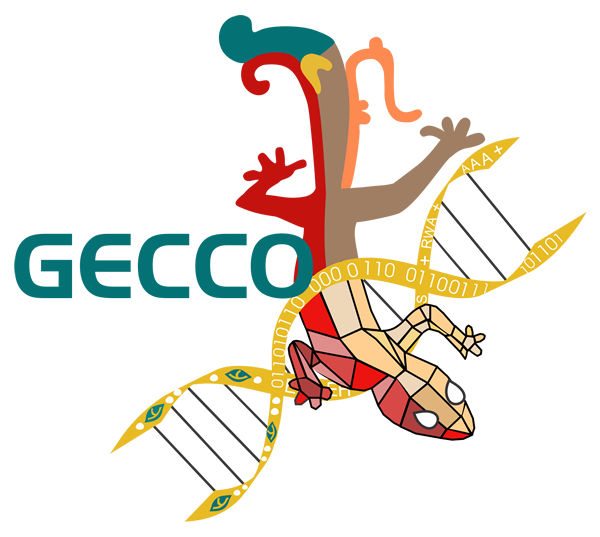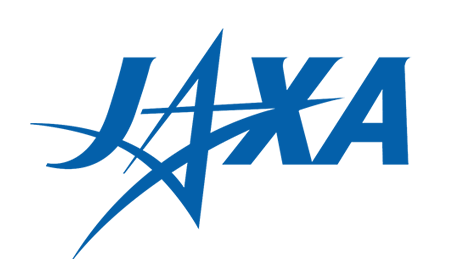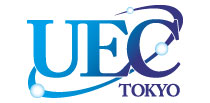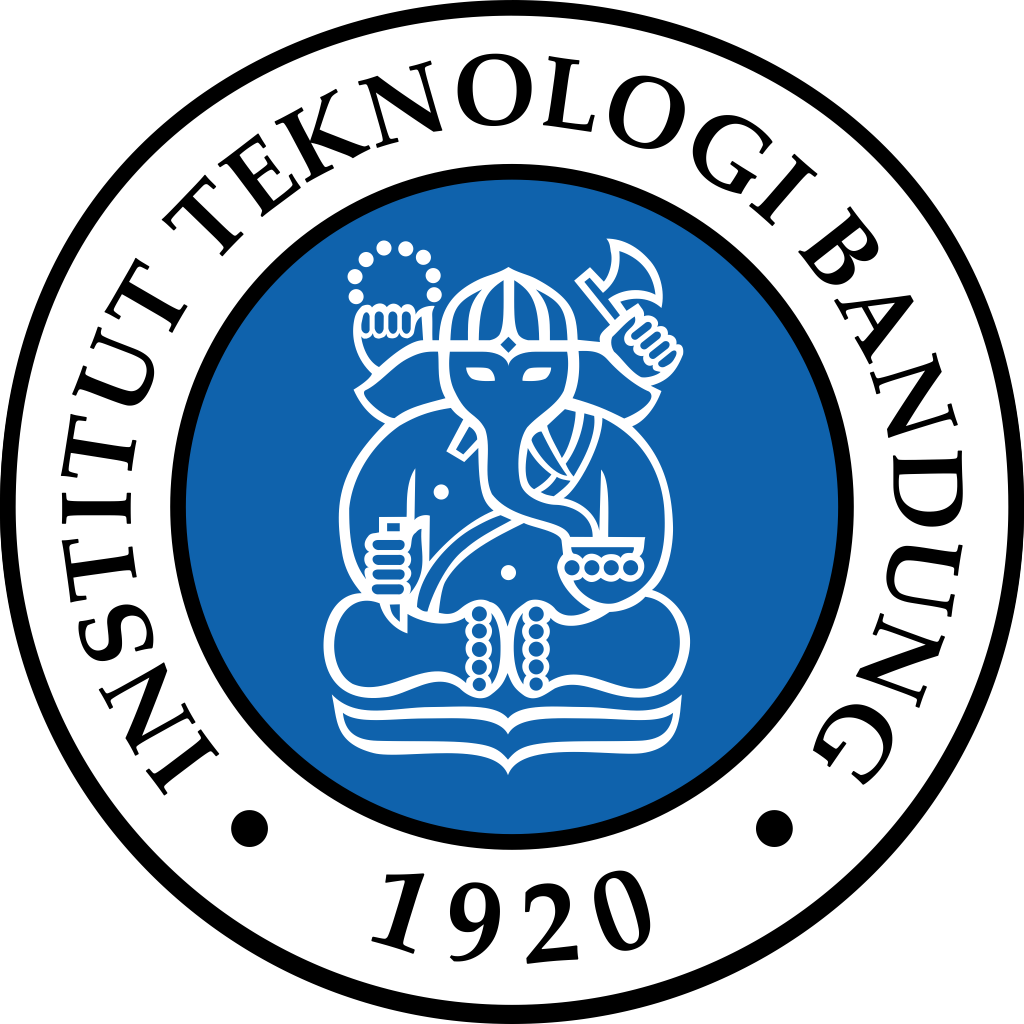Time: July 9 (Thu), 2020, 8:30–10:20 (UTC/GMT-5 hours)
Location: ONLINE
08:30–08:40 |
Opening from the organizers |
08:40–09:20 |
Invited TalkTapabrata Ray (University of New South Wales, Australia) |

|
Title (tentative): “Multidisciplinary Design Optimization: Some Developments and Challenges”Abstract: Optimization is an indispensable tool that has been a catalyst for many scientific breakthroughs and technological innovations spanning several decades. There are a number of hard and outstanding problems in design that demand development of novel optimization strategies. This presentation will focus on some of the key developments undertaken by the Multidisciplinary Design Optimization Group and highlight their use to uncover designs with unprecedented functionality and performance. Short Bio: Tapabrata Ray is a Professor with the School of Engineering and Information Technology at the University of New South Wales (UNSW), Canberra. He obtained his B.Tech (Hons.), M.Tech and PhD from Indian Institute of Technology, Kharagpur, India. Between 1996 and 2004, he held a number of research positions in Singapore (Information Technology Institute, Institute for High Performance Computing, Temasek Laboratories at National University of Singapore). In 2005, he established the Multidisciplinary Design Optimization Group at UNSW Canberra and currently leads the efforts. He served as an Associate Editor of IEEE Transactions on Evolutionary Computation, IEEE Transactions on Cybernetics and was a also a Member of the College of Experts of the Australian Research Council. He currently serves as an Associate Editor of ACM Transactions on Evolutionary Learning and Optimization and is a Member of the Editorial Advisory Board of Engineering Optimization. |
09:20–09:45 |
Regular Talk #1Pramudita Satria Palar (Bandung Institute of Technology, Indonesia)
|
Title: “Uncertainty Quantification Methods for Evolutionary Optimization under Uncertainty”Abstract: In this paper, we discuss the role of uncertainty quantification (UQ) in assisting optimization under uncertainty. UQ plays a significant role in quantifying the robustness of solutions so as to help the optimizer in achieving robust optimum solutions. In this respect, the scientific discipline of UQ addresses various theoretical and practical aspects of uncertainty, which include representations of uncertainty and also efficient computation of the output uncertainty, to name a few. However, the UQ community and the evolutionary computation community rarely interact with each other despite the potential of utilizing the advancement in UQ for research in evolutionary computation. To that end, this paper serves as a short introduction to the science of UQ for the evolutionary computation community. We discuss several aspects of UQ for robust optimization such as aleatory and epistemic uncertainty and objective functions when uncertainties are considered. A tutorial on an aerodynamic design problem is also given to illustrate the use of UQ in a real-world problem. |
|
09:45–10:10 |
Regular Talk #2Seyed Jalaleddin Mousavirad (Ontario Tech University, Canada)
|
Title: “High-Dimensional Multi-Level Maximum Variance Threshold Selection for Image Segmentation: A Benchmark of Recent Population-based Metaheuristic Algorithms”Abstract: Abstract: Maximum variance threshold selection (MVTS) has been extensively used in image thresholding. However, conventional MVTS algorithms are time-consuming, in particular when the number of threshold values increases. One approach to moderate this problem is to use population-based metaheuristic algorithms, but, due to the curse of dimensionality, the efficacy of such algorithms may drop sharply in higher-dimensional search spaces. Since various population-based algorithms have been presented in the literature, in this paper, we benchmark the performance of 10 such algorithms for MVTS, focussing in particular on more recent metaheuristics that have received significant attention. As such, the algorithms we evaluate include, apart from the more established differential evolution (DE), and particle swarm optimisation (PSO), artificial bee colony (ABC), the imperialist competitive algorithm (ICA), the grey wolf optimiser (GWO), moth flame optimisation (MFO), the dragonfly algorithm (DA), the sine cosine algorithm (SCA), the multi-verse optimiser (MVO), and the salp swarm algorithm (SSA). We assess these algorithms on a set of benchmark images with regards to objective function value and structural similarity index (SSIM), and also perform a non-parametric statistical test, the Wilcoxon signed-rank test, to compare the algorithms statistically. |
|
10:10–10:20 |
Closing |






